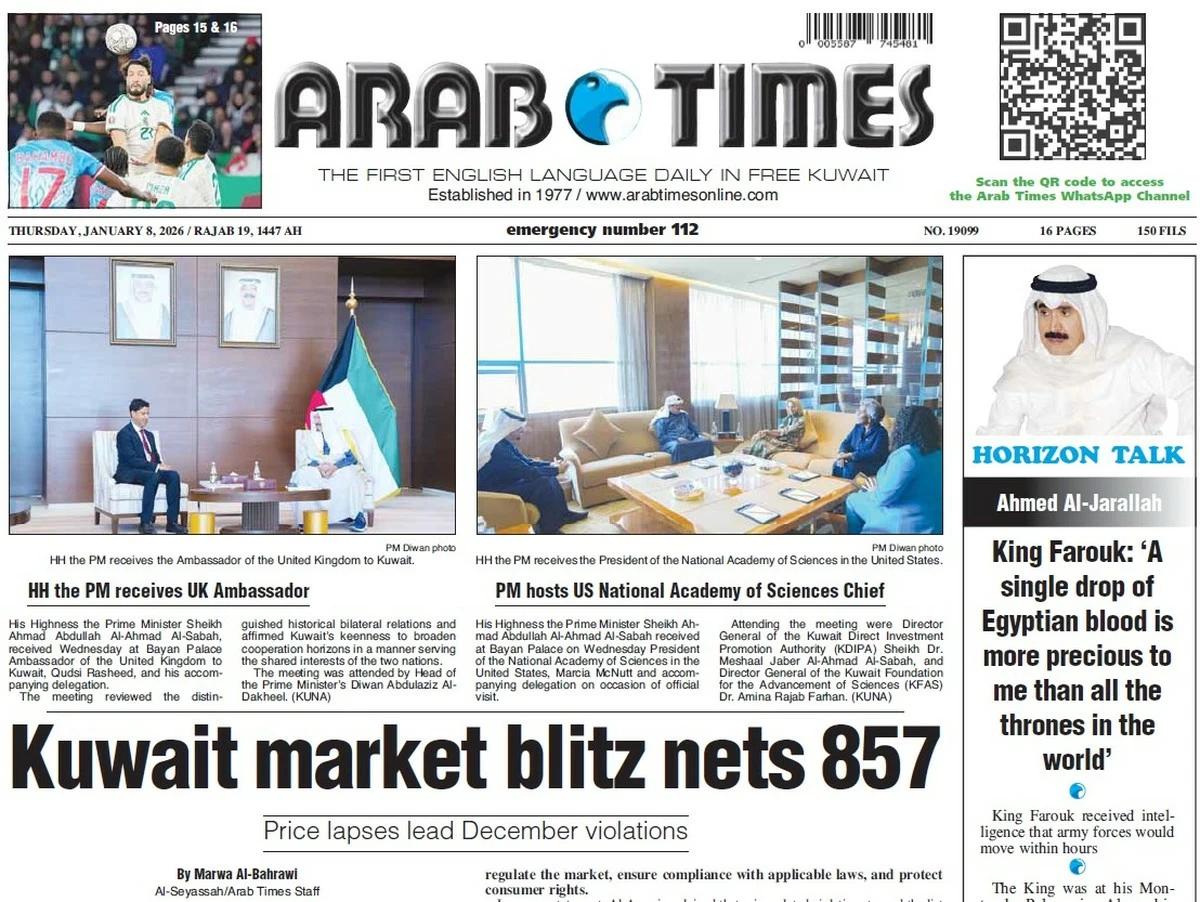18/09/2025
18/09/2025
In contrast, citizens in Western capitals march week after week in solidarity with Palestine, often at professional and legal risk. Meanwhile, many in Arab societies are denied the platforms that could carry their voices. This silence erodes credibility. For seventy years, summit halls across the region have echoed with what many describe as “sound bombs” — fiery declarations that once stirred emotions but now resemble fireworks, briefly impressive then quickly forgotten. Israel, meanwhile, continues to reshape facts on the ground. Real influence does not require vast institutions or billions of dollars. It begins with empowering ordinary people.
Think of the academic taken to court for speaking out, the youth group struggling to print banners, or the worker unable to afford a train ticket to attend a rally after a long shift. These barriers are modest, and so are the resources needed to overcome them. Some voices in the Arab world still call for rockets to be launched at Tel Aviv or for wars to be waged against Israel. Such demands may excite crowds but never deliver solutions.
The more effective path lies in tactical pressure through civic, legal, and media strategies, especially in democracies where voters can hold politicians accountable for supporting occupation and injustice. The truth is easier to defend than the elaborate fictions Israel works hard to promote. With modest resources and persistent effort, committed citizens can cut through propaganda and significantly influence public opinion. The message is clear. The era of empty condemnations has run its course. The future belongs to practical and sustained action that gives ordinary people the means to speak. With persistence and creativity, small steps can add up to extraordinary change.



